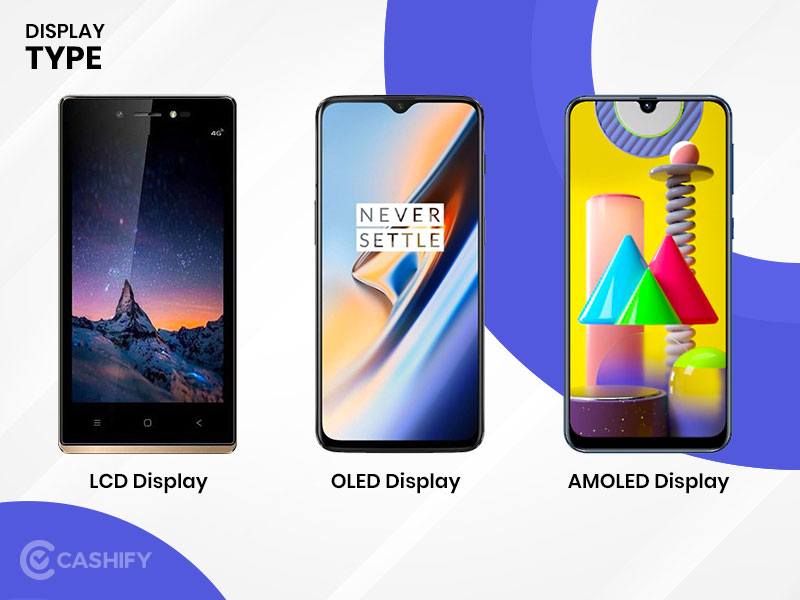The modern world of education constantly evolves, and technology has become an indispensable tool for creating engaging and efficient learning experiences. In recent years, Learning Management Systems have been widely considered one of the most popular solutions for organizations and institutions to deliver online courses and corporate training programs as effectively as possible. Modern LMS platforms offer an impressive variety of features and capabilities, even off-the-shelf options, but customization is still incredibly important for a number of reasons. In this post, we will explore all the main ways in which customization can benefit LMS and boost the learning experience.
Table of Contents
Personalized Experience
One of the key advantages of customizable LMS is the ability to create tailored learning experiences within the platform. During the development process, the system can be modified according to the organization’s unique requirements, visual branding, and teaching styles. Statistically speaking, learners are more likely to engage with LMS created according to the organization’s philosophy and visual style. After the platform is launched, progress tracking and advanced analytics tools allow educators to have a clear understanding of each individual student’s strengths and weaknesses. It enables them to tailor course materials and offer feedback and mentorship if needed. More personalized learning paths are proven to be more effective in terms of knowledge retention and improvement of learning outcomes.
Adaptability and Flexibility
As we already established, each individual student today has their own requirements, goals, strengths, and weaknesses, and it needs to be dressed in any proper LMS setup that goes on the market. Adaptability and flexibility of the platform are the main factors of success. Customizable systems enable instructors and administrators to easily tailor content and create personalized learning paths. Individual content recommendations are great for providing learners with additional resources, modules, and activities which align with students’ goals and interests. An ability to implement micro-learning and self-paced education helps to increase efficiency and knowledge retention. Finally, teachers can customize assessments and feedback to achieve better results and accommodate every student’s specific needs. There are more features available in customizable LMS, which are incredibly useful for this approach, that can be found here https://www.opigno.org/blog/benefits-customizing-your-lms.
Content Customization
Customizing content for more personalized learning experiences is a great feature, as we mentioned earlier that allows both students and teachers to achieve unbelievable results. Off-the-shelf LMS simply cannot provide the same level of flexibility and usually work with a one-for-all approach. Customization also allows organizations to include multimedia content, such as video lectures, audio clips, presentations, infographics, or animation. This type of course material makes the whole educational experience more engaging and interactive. Interactive activities, like quizzes, simulations, or virtual labs, combined with elements of gamification, promote an active learning approach, problem-solving, critical thinking, and skill development. Combining different types of content and learning styles within one custom LMS can seriously help in fostering a deeper understanding of subject matter and knowledge retention.
Integration and Extensibility
Modern Learning Management Systems often serve as the central hub for various educational tools and systems. Customizable platforms offer excellent capabilities for the seamless integration of a diverse range of tools and services. First of all, if an organization already has some sort of existing system, like SIS or LCMS, custom LMS enables easy integration with them without duplicate data and with a unified experience for teaching and administrative staff. Also, incorporating video conferencing and collaboration tools (Zoom or Google Meet, for example) is vital for fostering healthy collaboration, and a sense of community is possible with custom systems. Various third-party software for simulations and interactive assessment can be seamlessly integrated, which is almost impossible in other types of LMS. Organizations can develop and implement custom plugins for their specific requirements. Integrating with third-party databases and analytic tools seriously benefits the learning experience. Finally, for business reasons, organizations can implement e-commerce and e-payment services, adding to students’ convenience.
Analytics and Reporting
Customization in modern LMS platforms allows for the implementation of various analytics tools and achieving better learning outcomes as a result. Administrators can customize algorithms to analyze detailed data or individual students for implementing a personalized learning approach. The system’s capabilities allow it to quickly see which activities a learner spent more time on, the rate of completion for various assessments, and participation in discussion forums. Tracking engagement allows us to manage content accordingly and provide personalized, targeted feedback if needed. Advanced analytics allow instructors to identify areas for improvement and create personalized learning paths. Also, using these tools, organizations can make data-driven strategic decisions about content strategy, instructional design, or professional development. Predictive analytics allows developers to predict users’ needs and customize LMS accordingly. Finally, in many countries, educational institutions need to provide evidence of course completion, learners’ engagement, and other metrics to meet regulatory requirements, which can be automated using custom reporting protocols.
Branding and Identity
For educational institutions and organizations, maintaining a consistent branding identity is critical for long-term success. We already mentioned that customization capabilities allow developers to create user interfaces and designs that align with the visual guidelines of a specific brand, which is great for user experience. If students are already familiar with other digital products by the same developers, the transition will be seamless. Customizable course templates, certificates, badges, email notifications, announcements, and login pages are great for brand identity. Creating a branded mobile learning experience is also a crucial aspect of success. Overall, it’s safe to say that customization contributes to a sense of trust, professionalism, and belonging, strengthening the brand within the LMS.
Final Thoughts
Customization is crucial for boosting LMS beyond its limits. By creating a solid brand identity, user-friendly interface, personalized learning paths, and tracking protocols, organizations can come up with highly engaging and efficient learning environments. As education becomes more and more intertwined with the latest technological advancements, customization will definitely play a critical role in years to come. With an educational platform that fully represents your vision, values, and learning style, you can fully unlock the potential of modern e-learning capabilities.



